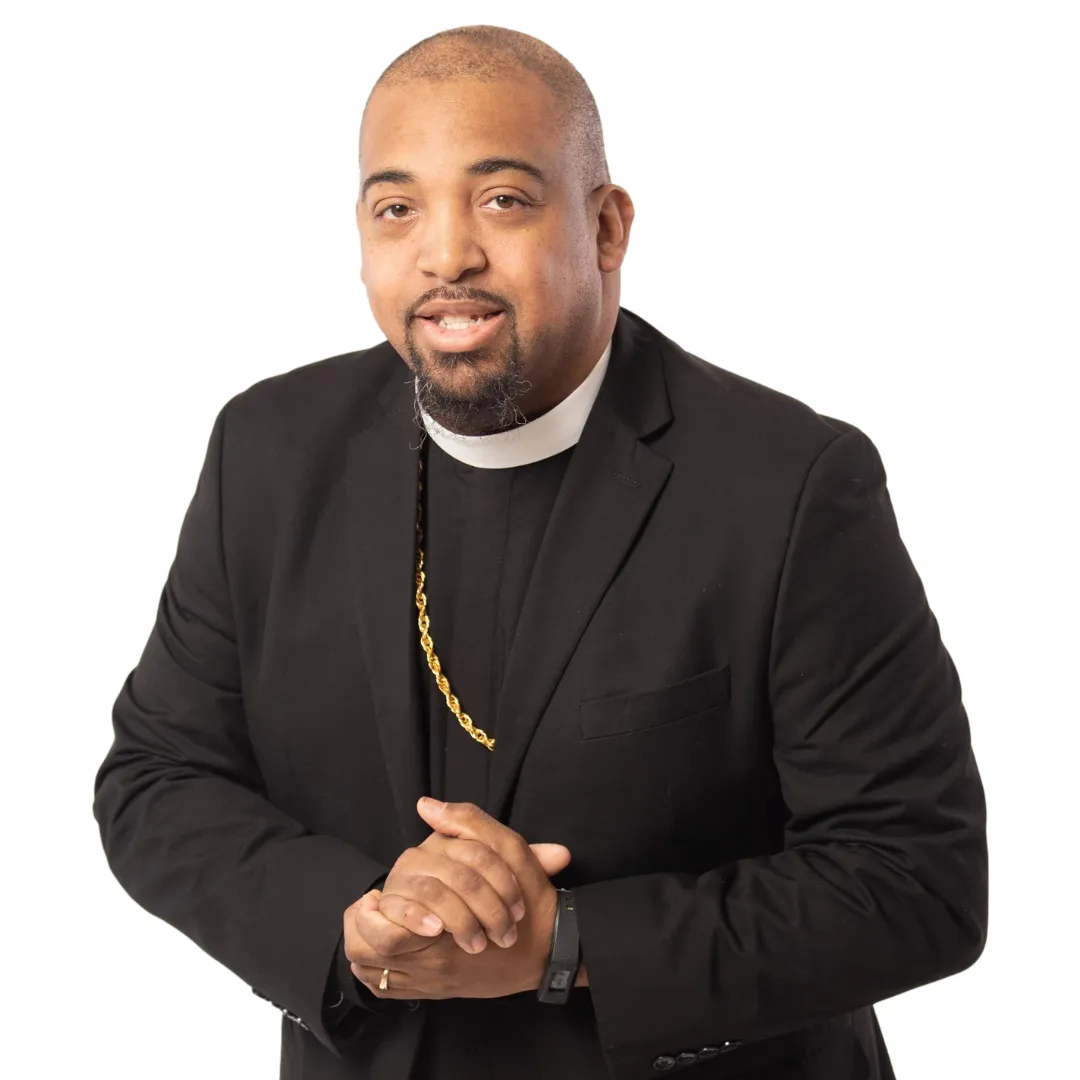
The Office Of The Bishop

Let’s clear this up: The Office Of The Bishop
The bishop’s office is not an administrative promotion.
It’s not a church CEO role.
And it’s definitely not a position someone grows into like a corporate ladder.
The bishop is not the arbiter of the fivefold gifts. He is their embodiment and the living convergence of apostle, prophet, evangelist, pastor, and teacher.
Ephesians 4 says Christ gave these gifts to equip the saints and build up the Body. But these aren’t isolated roles. In the bishop, they come together, not in competition, but in completion.
He doesn’t replace the gifts.
He doesn’t suppress them.
He unifies them for the edification of the whole Church.
He moves apostolically, guards prophetically, teaches doctrinally, preaches evangelistically, and shepherds pastorally. Not as five hats worn interchangeably, but as a single calling ordered toward the wholeness of the Body.
The early Church didn’t create bishops as a form of church governance.
They received them as the continuation of Christ’s ministry through the apostles.
As St. Ignatius of Antioch (Student of the Apostles) said, “Where the bishop is, there is the Church.”
Because the bishop is not just a leader, he is a witness.
A witness to what the Church is becoming.
And this is the part most forget:
The bishop’s role is eschatological.
He doesn’t just manage the present. He represents the future and the unity, the maturity, the stature of the “perfect man” (Eph. 4:13), the full measure of Christ.
His life is a sign of the Church’s destiny which is to become the dwelling place of God, radiant with divine life.
So no, the office of the bishop isn’t just handling church logistics.
He is a sacramental icon of the age to come.
A servant of fullness.
A steward of communion.
A living reminder that we’re being built into something far greater than we can yet see.
Archbishop Wayne Jr
